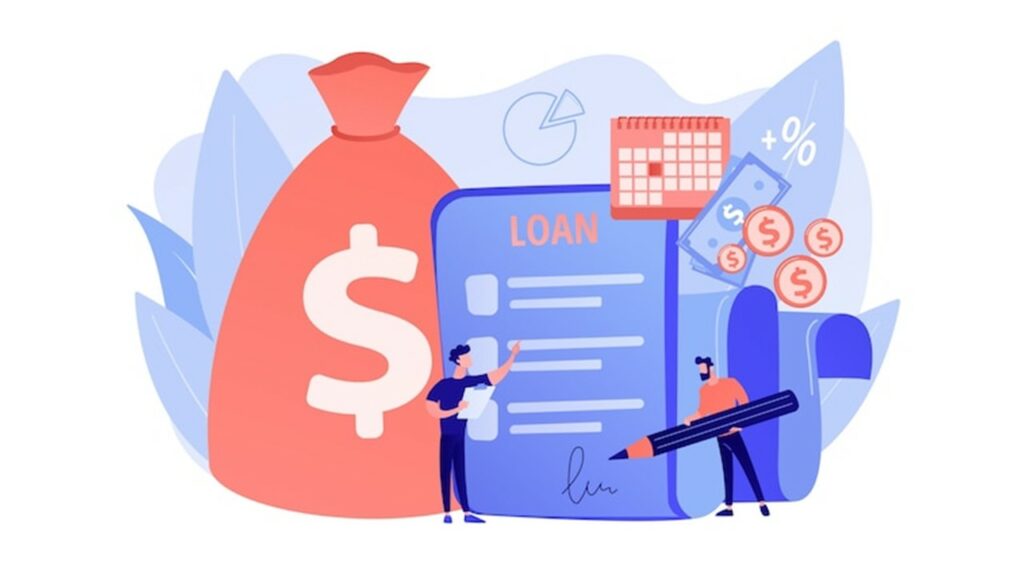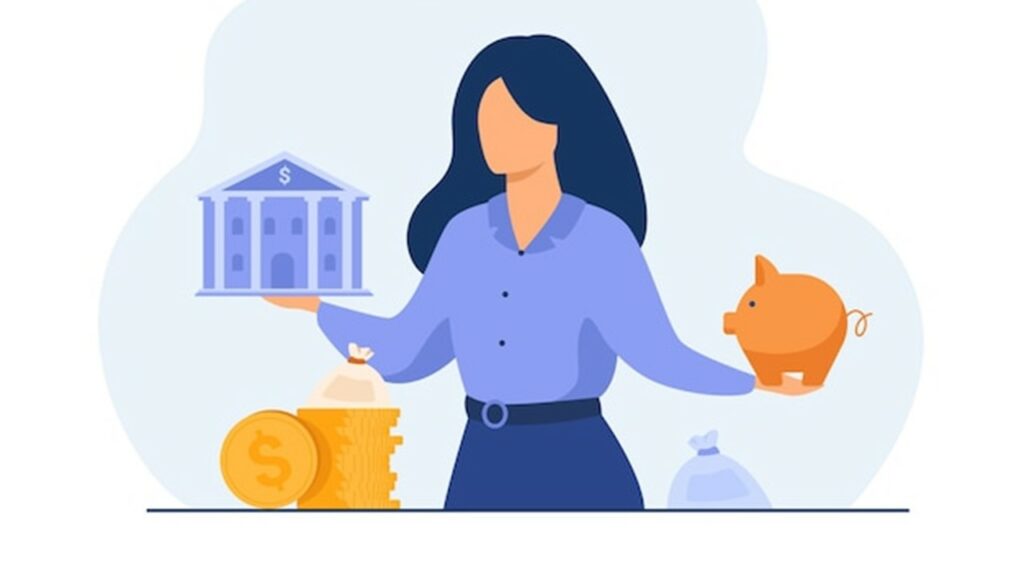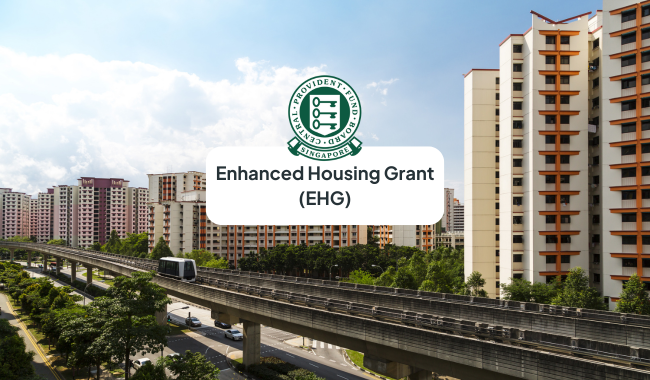Most of us will probably have to take out a loan at some point. That is, unless you’re one of the lucky ones with enough cash to pay for a six or seven figure property upfront.
Mortgage loans are something that most people will spend almost, if not all of their working adult lives paying. So, understanding the fundamentals of a loan is key to selecting the right payment plan. This is important to prevent financial grief further down the road.
This article will cover basic components of a home loan, including loan tenure, loan-to-value (LTV) limit, total debt servicing ratio (TDSR), and mortgage servicing ratio (MSR), to provide home buyers like yourself an overview of mortgage calculations, so that you can make this major decision with eyes wide open.
A quick history lesson on repaying loan interests
Mortgage loans are simple to understand in principle. The bank offers you a lump sum to pay for something you cannot otherwise afford. In exchange, you return them a larger amount, over a more manageable period of time.
When you lend a friend some cash to help them out, you expect them to return it within a reasonable amount of time. Similarly, there’s also a limit on how long we can take to return what we owe to the bank. At the end of the day, you’ll want to bring the amount you owe down to zero. This is done by paying a monthly amount that covers both loan interest and the original amount borrowed, known as the principal amount. This commonly practised method of payment is known as loan amortisation.
Loan amortisation is virtually the only legitimate form of loan repayment these days, ever since the Monetary Authority of Singapore (MAS) banned interest-only loans on 14 September, 2009. Interest-only loans are self explanatory, whereby the monthly paid instalment covers interest generated only, without whittling away at the principal amount. Not only does this payment method spell potential financial disaster, it also encouraged property speculation, which authorities wanted to discourage given Singapore’s small property market.
More importantly, know that whatever amount is borrowed,has to be returned. Singapore’s Housing Development Board (HDB) provides financial assistance for those who are unable to make their monthly payments. Failing which, HDB is entitled to sell a home to make up for their loss.
Word of caution: Things to consider when selecting a home mortgage payment plan
If the past two years have shown us anything, it is that nothing is certain. There’s no telling when global events might rob families of their income source, making it difficult to repay monthly instalments that were once affordable. Choosing a sustainable payment plan that is manageable, no matter your financial situation is key to ensuring that you do not default on your loans.
And don’t forget, home loans aren’t the only thing you’re paying for. You’ll want to make sure that you have enough for your children’s tuition fees, potential medical bills, retirement, or even things such as holidays or a second property.
Loan-To-Value limit: The maximum amount you can borrow
It’s important to find out the maximum amount you’re eligible to borrow, so that you know how much debt you have to spread out over the course of two to three decades. This amount is determined by your Loan-To-Value (LTV) limit, which is calculated based on the number of outstanding housing loans currently registered to your name:
| Outstanding housing loans | LTV lower limit | LTV upper limit |
| 0 | 55% | 75% |
| 1 | 25% | 45% |
| ≥2 | 15% | 35% |
Source: Rules for New Housing Loans, Monetary Authority of Singapore
If your loan tenure extends beyond the age of 65, that is, you’ll only finish paying your debt once you’re past 65, then you’ll only be eligible for the lower LTV limit in your tier. This is because individuals past retirement age have a lower chance of being gainfully employed, and thus are less likely to repay their debts.
Otherwise, calculating the LTV is relatively straightforward. For an HDB flat valued at $500,000, an LTV limit of 75% would allow you to borrow up to $375,000. The remainder amount will have to be paid in cash and/or your CPF Ordinary Account savings.
*Note that the above figures are only applicable to loans from private banks. HDB flat buyers used to enjoy a LTV limit of up to 90%. However, that limit has since been lowered to 85% as of 16 December 2021 as part of government efforts to cool the local property market after prices surged in Q4 2021.
Longer or shorter home loan tenure – which is better?

This goes without saying, but the shorter your tenure, the higher your monthly instalments, and the faster you will pay off your loan. The reverse is true for longer tenures.
What’s important to note is that there are limitations on how long or short one’s loan tenure can be. MAS caps loan tenures at 30 years for HDB flats and 35 years for non-HDB properties.
Even if you take on shorter loan tenures of say 20 years, it doesn’t take away from the fact that they are huge financial commitments. Thankfully, the duration of loan tenures can usually be changed, but keep in mind that some banks might charge a fee for this. We cannot stress how important it is to check the fine print and weigh your options in all possible scenarios.
Benefits of an extended home loan tenure
The main benefits of stretching out your home loan tenure include:
- Having more cash on hand each month. As a general rule of thumb, home loan repayments should not account for more than 30% of your net monthly income. HDB flat and executive condominium owners are already bound to this rule thanks to the MSR. But your MSR cap, which is determined by the following formula, will be pulled even lower if you have other existing property loans.
MSR = Monthly repayment instalments for ALL property loansGross monthly income x 100% ≤ 30%
Keep in mind that the 30% rule is not a hard and fast rule. Depending on the other monthly liabilities you have, you might want to lower the percentage on your monthly repayments so that you have enough liquid cash flow.
- An extended loan tenure reduces your MSR, which in turn frees up your TDSR and allows you to take on more loans if you wish to service two properties or other assets simultaneously. TDSR is capped at 55% of an individual’s gross monthly income, which simply means that you cannot be spending more than 55% of your income repaying loans.
- Stretching out your payments also gives you more money to work with to generate capital from investments that outpaces your home loan interest. While not an ‘active’ investment tool, your CPF Ordinary Account and CPF Special Account earns 2.5% and 4% interest respectively. So leaving some capital in these accounts to let them appreciate might be the wiser thing to do. The more financially savvy will be able to reap even greater benefits from their investments.
Benefits of a shorter home loan tenure
On the flipside, there are also reasons why homeowners might opt for shorter home loan tenures:
- The most obvious benefit of a shorter home loan tenure is saving more money on interest over the entire course of your repayments.
Say you take a $400,000 loan to purchase an HDB flat. The loan has a tenure of 30 years and an annual interest rate of 1.5%. That will have you shelling out nearly $1,400 per month and paying a total interest of $96,973.
Compare the same loan with a tenure of 20 years. That’s $1,930 in monthly instalments. It’s $530 more expensive than the 30 year tenure, but will only cost $63,243 in interest. That’s over $33,000 in savings, which can go towards the downpayment of a car (in today’s money, at least). Naturally, the amount you can potentially save goes exponentially higher as houses get more expensive.
- There’s no guarantee that affordable interest rates will stay affordable forever. In December 2021, MAS warned of rising interest rates. So paying off your debt while you still can may help you avert the worst of future financial crises. For more information on housing loan interest rates, check out our article on floating and fixed bank loans.
- Paying off your debt faster also means higher investment yields. You’ll make a higher profit once you sell off the property, or get to keep each month’s rent in entirety without syphoning significant portions off to mortgage payments.
In reality, the benefits of paying off your debt quicker are all tied to paying lower interest. It’s a higher-risk, higher-reward decision, that only you can decide if it’s worth taking. Within the boundaries of MSR and TDSR, of course.
Also, there are penalties for prepayment, or veering off your mortgage tenure. Not all banks charge prepayment penalties, but you’re looking at a cost of 1.5% on your payment advance. So if you’re putting down $50,000 in one shot, that will cost you an additional $2,500, which is really not that bad considering that you save on interest in the long term.
When to change your mortgage tenure

Circumstances always change, and you might find that your loan payment plan no longer fits your financial situation when you’re several years into paying it off. 20 to 30 years is a lot of time, after all.
Thankfully, mortgage tenures can always be amended. Homeowners may choose to shorten their tenure when they have extra income and can shoulder higher monthly payments. Conversely, they might also choose to extend their mortgage tenure other investment items surface, such as a business or secondary property.
Most banks will allow you to adjust your tenure, or refinance, after a lock-in period of three to five years. But do keep adjustments to a minimum, as there are miscellaneous fees that can quickly stack up if you change your mind too many times.
DBS bank, for example, charges a processing fee of $800, on top of 1.5% of your outstanding loan amount. So don’t forget to take all these factors into account and ensure that you’re securing net savings after home tenure adjustment.
The most important thing about mortgage financing…

If you only take away one thing from this article, know that home repayments are a marathon, not a sprint. The desire to be debt free is understandable, but not only do the majority of people have debts to pay off, the rush to being debt-free might ironically be detrimental to your financial and mental well-being.
So always remember to set aside enough money to fund other aspects of your life, too.
Need help calculating home loan repayments and mortgage?
Paying for a home shouldn’t feel like rocket science. That’s why Ohmyhome provides unbiased mortgage advisory. We provide our clients with a bird’s eye view of all the loans available in the market, and conduct holistic assessments to determine which ones are the most affordable and financially savvy for new home buyers.
Don’t get stuck with a home loan that quickly transforms into a financial nightmare. Call us at 6886 9009 to get connected with our reliable advisors, or message us in the chat box at the bottom right-hand corner of the screen. If you’re on the go, we’re also available on WhatsApp at 9755 1009. Because at Ohmyhome, we’re always by your side, always on your side.
Header Image: Freepik



































































